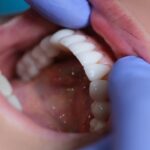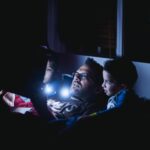Certain Devices Used to Treat OSA May Not Be Safe: US FDA
The U.S. Food and Drug Administration (FDA) is evaluating safety concerns and has issued a safety alert on March 30, 2023, regarding certain dental devices used in adults to remodel the jaw or to treat conditions such as Obstructive Sleep Apnea (OSA) and temporomandibular joint disorder (TMD) of the jaw. The devices in question include:…







